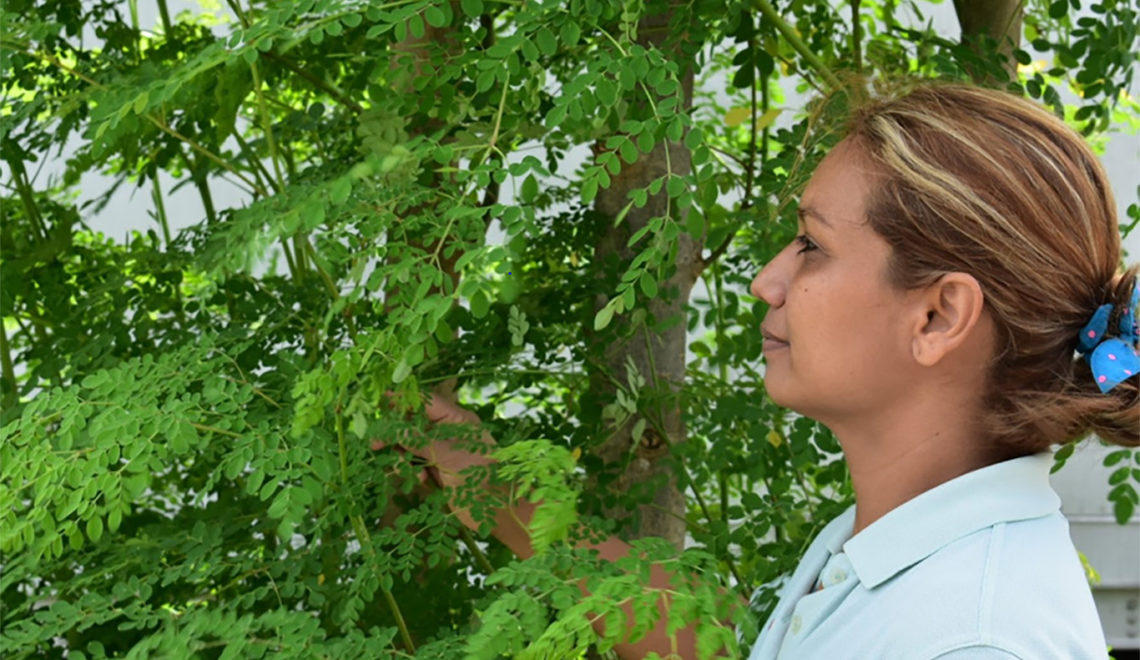
“It is common knowledge that when you invest in a woman, you invest in a community. As a social enterprise, we need to be successful because we’ve seen so many failed aid and government projects, so we keep that in mind when working with our producers. With Fair Trade certification, we don’t over-promise or under-deliver.”
Valerie Popelka, Kuli Kuli Foods
Introducing Moringa
Have you ever heard of Moringa before? This miracle tree is one of the most nutrient-dense plants on the planet, beating out kale, spinach, and even spirulina for its health benefits. Moringa is packed with vitamins A, C, E, and is high in calcium, which supports bone health and prevents heart disease. Moringa is also a great source of potassium, which reduces anxiety and stress.
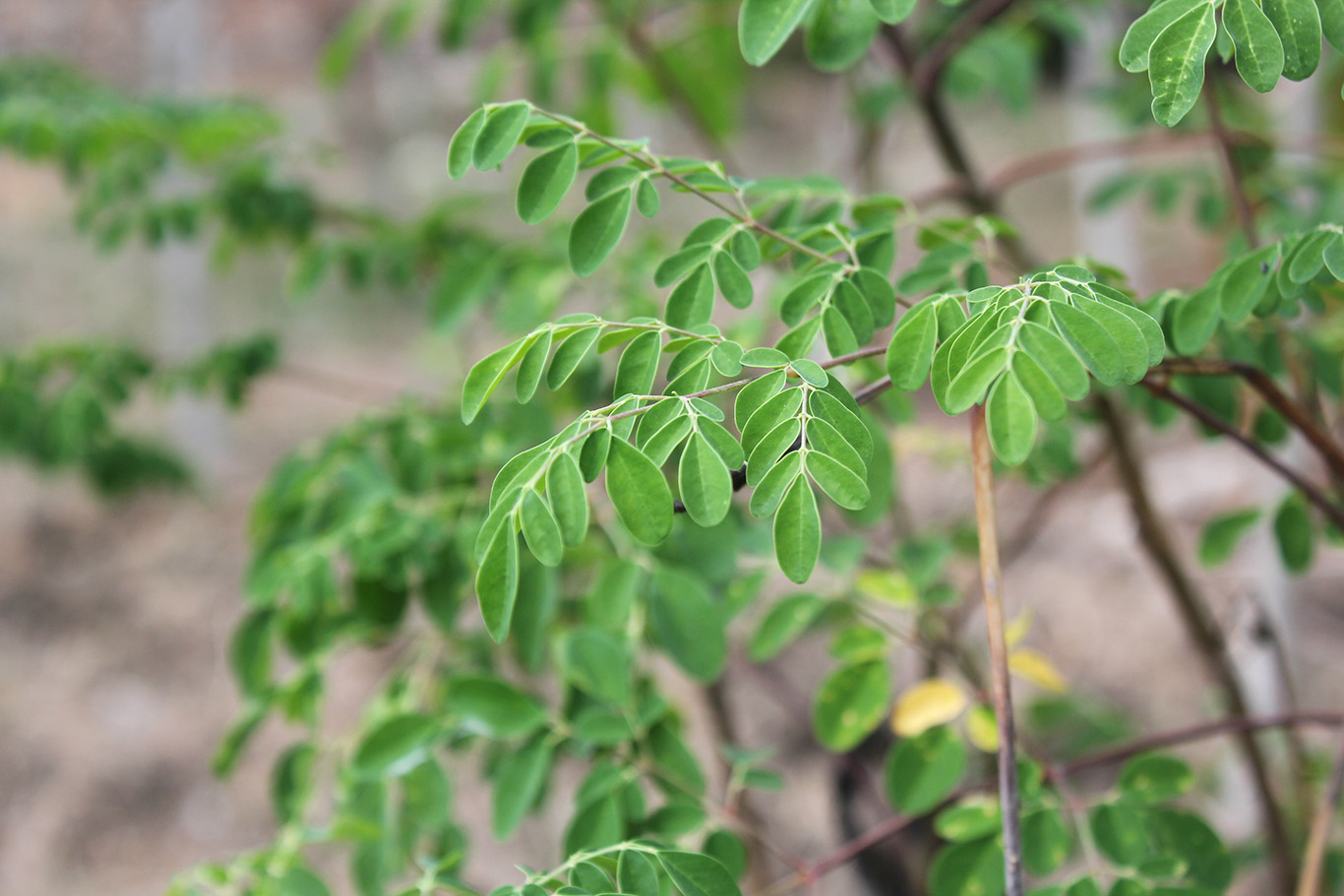
Kuli Kuli and Moringa
As the second fastest growing plant in the world, moringa is able to grow up to two inches a day. A single moringa tree can mature quickly enough to feed an entire family within a year. Unlike other superfood greens, the moringa tree continues to produce long after the first harvest, making it a long-lasting source of nutrition.
Kuli Kuli foods, a superfood startup based in Oakland, California, is in the process of becoming a Fair Trade Certified moringa company. To do that, Kuli Kuli has to involve every producer in their supply chain to make sure that their packaging reflects their commitment to fair wages, collective bargaining rights, and premium projects to support their workers.
“We are continuing to grow our moringa supply chain by providing fair, sustainable wages to farmers and women-led coops around the world,” comments Valerie Popelka, Chief Product Officer. “We’ve always wanted to become Fair Trade Certified because that conveys our vision of social impact. We have pictures that we put on our website and can say whatever we want to market out product, but consumers want a verified 3rd party because they get skeptical. With Fair Trade, we have an independent auditor that confirms we are doing what we say we’re doing.”
Along the way to certification, Kuli Kuli is creating deeper relationships with suppliers and investigating their needs. This helps them commit to their mission of improving livelihoods and nutrition worldwide. This summer, the Kuli Kuli team traveled to Nicaragua to meet with one of the moringa suppliers, who are also excited to begin this Fair Trade journey.
Creating Innovative Solutions
Located near the Nicaraguan coast, a family-owned and run moringa farm and processing plant has been a source of employment for local residents.
The primary challenge? The daily commute for many workers involves multiple buses totaling over two hours of travel time. Given the conditions of many of the rural roads, it is the only method of transport. A lack of educational opportunities in the region is also endemic to rural Nicaraguan society.
Muriel, a head supervisor for the farm has plans to educate more Nicaraguans on the benefits of moringa and to attract more rural women to work for the farm; She believes in the power of a job to transform livelihoods and foster female empowerment. “Many of the women in our community had never heard of moringa, even though it grows all over Nicaragua. Not only do we want to provide women more jobs, we also want to provide better nutritional and educational opportunities for them and their children.”
Many women had also never heard of Fair Trade. Once Kuli Kuli explained to them the benefits of higher wages and Fair Trade premiums dedicated to projects, like education, capacity-building, and transport, they were on board. Today, the farm is working with Kuli Kuli towards becoming certified due to mutual benefits in becoming Fair Trade.
The Benefits of Certification
“I see the benefit Fair Trade can have on our producers. My dream for a premium project would be to buy a bus that could take the women to and from their homes everyday. They wouldn’t have to commute two hours anymore. Higher pay doesn’t make a difference if you can’t show up to work every day. By providing reliable transportation, we are creating a solution that would make all the difference in their lives,“ says Muriel.
Being certified organic allows farmers to focus on developing new social tools for change and improving farmer livelihoods. Jacobo, the owner of the farm, has already invested in soil conservation and newer ovens so that the land will be more fertile and produce a better crop. This will raise the prices he receives. Better ovens will contribute to productivity and create potential new products, such as moringa oil extract, that will provide more opportunities for employees.
“One of the biggest challenges we face is the constant turnover and rotating staff,” says Jacobo. “People come and go and we don’t have a steady staff that we can count on. With trainings and premiums, we’re hoping that Fair Trade certification will incentivize our workers to be more consistent and motivate them to come to work every day. This would teach them responsibility, give them the chance to prove themselves, and provide them a sense of belonging to the organization. “
In addition, Jacobo has hired multiple female employees in management roles to run the farm. His goal is to change gender stereotypes that are prevalent in Nicaragua.
“We love to help women and indigenous populations. We focus on creating relationships, not handouts, so our workforce is more productive.”
Fostering Sustainable Growth
Jessica, an oven operator on the farm, also feels that the farm has contributed to the livelihood of workers. “The education and training I receive are so valuable and have changed my life. I was able to finally finish building my house with the salary I make! Also, there are so many ways to learn and grow here, and the owners know how to listen to us and give us the support and training we need. For example, I’m the only female oven operator here out of 7 men, and this gives me so much pride and has taught me a lot about leadership.”
Although not yet Fair Trade Certified, Jacobo’s farm is already following many of the requirements and admits that the main challenge has been in the cost. “This certification wouldn’t just help the producers, it would help all of us because it would validate the superior conditions that we as a supplier are dedicated to and would distinguish our farm as innovative to our customers. We are really excited Kuli Kuli is helping us with this process, because as they grow, we grow as a company. We are one entity that supports each other.”
To create sustainable change, Jacobo believes businesses need to create stable incomes for farmers through work and enterprise. To him, this is the foundation for real opportunity as relying on international aid can be risky. All too often international aid projects are abandoned when funds run out or when managers return to their home countries.
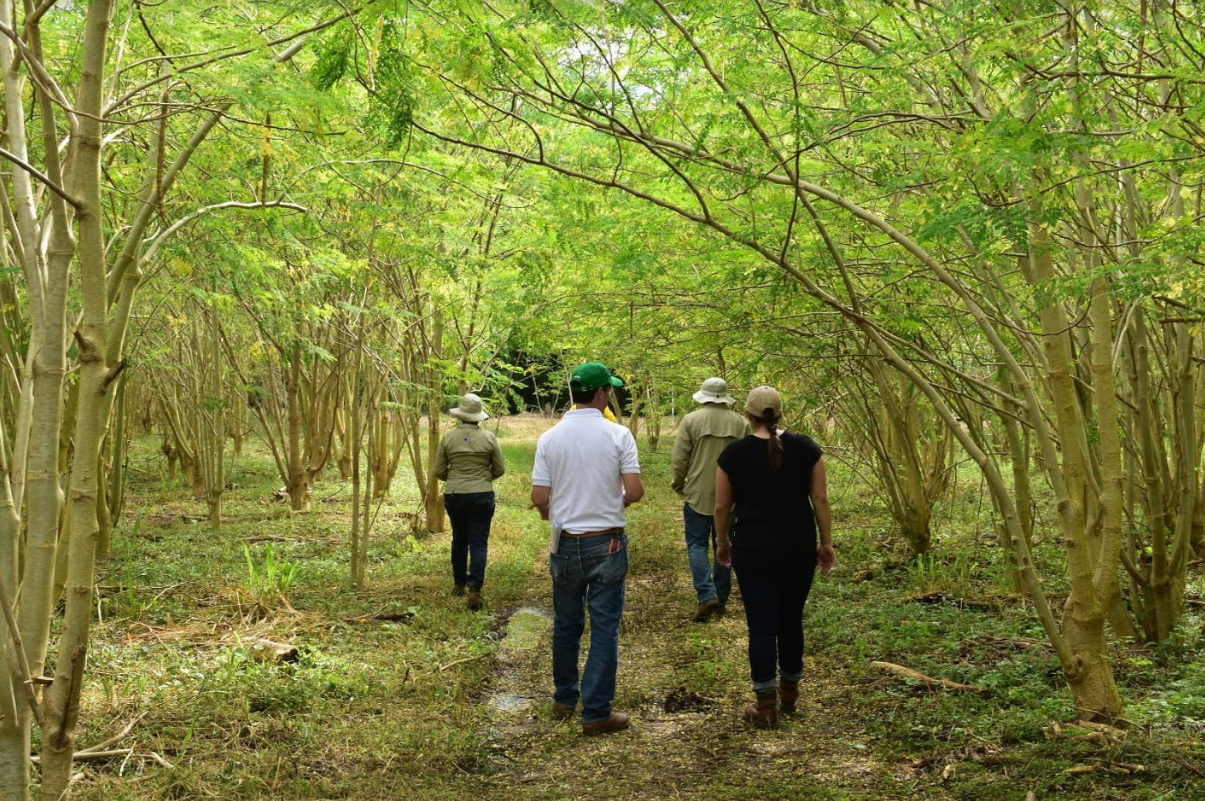
The Story of Kuli Kuli Foods
Kuli Kuli’s founder Lisa Curtis got her first taste of moringa as a Peace Corps volunteer in Niger. As a vegetarian, she was eating mostly rice and millet — a diet that left her feeling sluggish. When she mentioned her fatigue to women at the community health center, they suggested she try moringa. After buying moringa leaves from a neighbor’s tree, she mixed them with a popular peanut snack called kuli-kuli. Happily, she immediately noticed how much her health improved. This inspired her to work with more villages to increase their moringa consumption.
After returning to the US in 2011, Lisa, along with co-founders Valerie Popelka, Jordan Moncharmont, and Anne Tsuei launched Kuli Kuli through an Indiegogo crowdfunding campaign which raised $53,000. After received funding, the company began selling their moringa bars in farmers markets around the Bay Area to test out their product. In 2013, Whole Foods approached them made a deal to begin national distribution. Last year, the company did over $1 million dollars in sales and projects to greatly increase that this year.
Now with nearly a dozen full-time employees and a board of directors from many large corporations such as Numi Organic Tea and Kellogg’s eighteen94 Capital, Kuli Kuli is well on its way to supporting its mission: to improve nutrition and livelihoods worldwide through moringa. Kuli Kuli continues to strive and achieve its mission by working with small co-ops in Africa and Central America. Their belief in the validity of third party certification systems, like Fair Trade, prove that they commit to those goals.
Fair Trade Future
In 2015, Kuli Kuli proposed an initiative with Whole Foods Market to plant hundreds of moringa trees in Haiti. The project also involved the Clinton Foundation’s Haiti Program and the Smallholder Farmers Alliance. As part of this new initiative, Kuli Kuli launched a second crowdfunding campaign that raised $100,000. This ambitious new project is helping reforest Haiti with drought-tolerant moringa trees. At the same time it provided Haitian farmers access to the growing market for moringa leaf powder. The success of these campaigns enables Kuli Kuli to grow and improve its sourcing capabilities. As a result they have been able to scale up their positive social and environmental impact.
In addition to their social mission abroad, Kuli Kuli volunteers regularly in the Bay Area. The group describes their shared vision to building an improved world is the key to the company’s success. Like the fast-growing moringa tree, Kuli Kuli’s commitment to its mission, quality sourcing standards, and Fair Trade help to achieve that vision.
“We’re striving to become an example to other social enterprises and our producers,” states Valerie Popelka, CPO. “We keep seeing the same recurring problems dealing with scaling operations and food safety in our supply chains. Ultimately, we feel that education and capacity building, like those offered through Fair Trade premiums, are tools that help our producers better equip themselves against shocks in the market. That is why we are pursuing a Fair Trade moringa supply chain.”




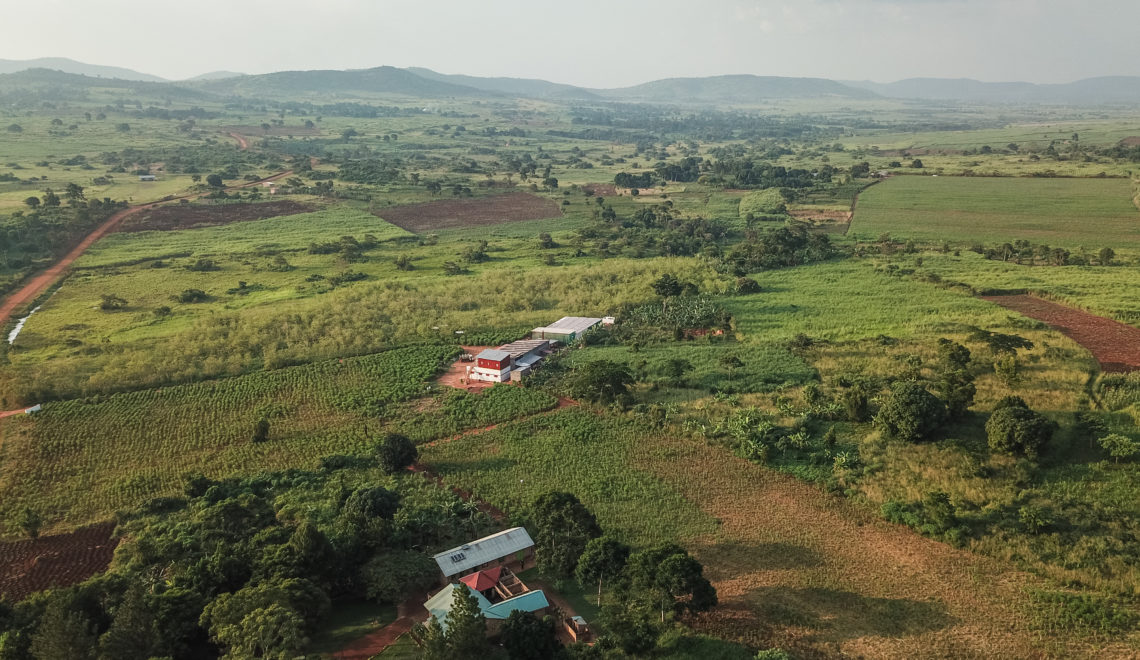





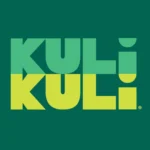

Hello. I am a South African , looking for company I can supply with morning . I have a 10,5 hactre land and want to use it to grow morning. Can I make this business with you
Thank you for your interest. We have very strict sourcing standards. Please provide a detailed inquiry via our contact us page.
Could you inform your required sourcing standard related to Moringa product. I would like to export this product with complying of food safety requirements.
Would love to purchase a tree for home in Las Vegas.
Can you provide you with quality Seeds for germination and leaf powder.